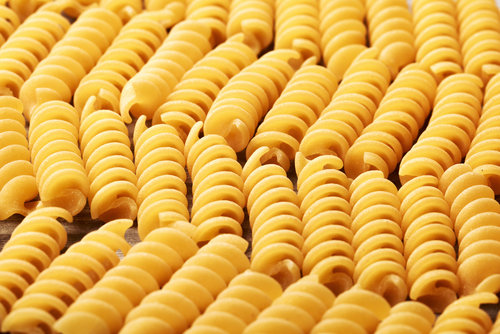Canadian wheat growers could be impacted
By Diego Flammini
Assistant Editor, North American Content
Farms.com
Millions of kilograms of Turkish pasta being unloaded into Canada has pasta manufacturers in Canada concerned.
According to the Canadian Pasta Manufacturers Association, pasta is being ‘dumped’ into Canada, described as manufacturers selling excess and government subsidized goods into a foreign market; sometimes at prices below market value.
“Canada is becoming the North American dumping ground for cheap Turkish pasta,” said Don Jarvis, Executive Director of the Canadian Pasta Manufacturers Association in a press release. “We are extremely concerned about the impacts that subsidized and dumped pasta will have on local Canadian businesses.”

Statistics Canada estimates that more than five million kilograms of uncooked pasta was imported from Turkey to Canada between January and November 2015, at prices 50 per cent less than Italian pasta and 40 per cent less than American pasta imports.
The importing of Turkish pasta to Canada could impact Canadian farmers who grow wheat for pasta.
In an open letter, CPMA is calling on other importers and marketers to halt the importation of subsidized and dumped pasta into Canada, or else a complaint with the Canadian Border Services Agency and the Canadian International Trade Tribunal will be filed.
“It is our position that Canada cannot allow itself to be a dumping ground for these products,” the letter states.
According to Industry Canada, the top five countries Canada imported pasta from were:
- United States - $87,302,000 CDN worth
- Italy - $46,086,000 CDN worth
- China - $11,521,000 CDN worth
- Thailand - $10,952,000 CDN worth
- Bolivia - $1,935,000 CDN worth
Turkey ranks ninth on the list at $1,112,000 CDN worth.